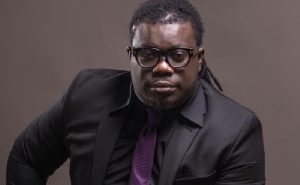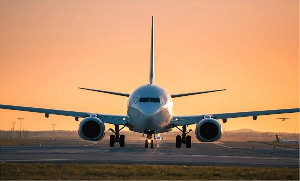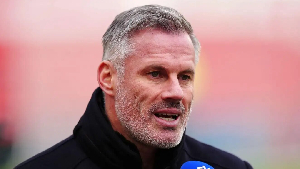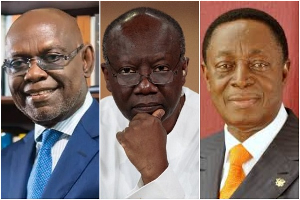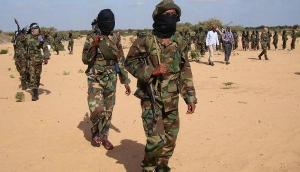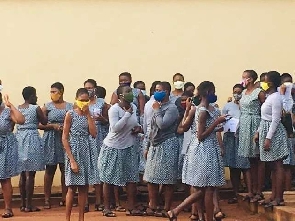The political sphere is getting charged and intriguing by the day. As Ghanaians inch closer to the 2016 presidential and general elections, the stakes are so high that no political party is leaving their fate to chance.
With barely a year to go into the next elections, the two dominant political parties - the ruling National Democratic Congress (NDC) and the opposition New Patriotic Party (NPP) - have reached final stages of putting their houses in top shape ready for the polls expected to take place in November 2016.
Other parties
Other parties, including the Progressive People’s Party (PPP), the Convention People’s Party (CPP), the People’s National Convention (PNC), the National Democratic Party (NDP), the Great Consolidated Popular Party (GCPP) and the United Progressive Party (UPP), among other 24 registered political parties, according to Electoral Commission (EC) records, are all in various stages of completing their presidential, parliamentary, national, regional and constituency elections.
Judging from the presidential and parliamentary primaries, particularly those of the NDC and NPP, it should leave no one in doubt that the stakes are really high indeed and no stone will be left unturned by these political parties to make a huge impact in the 2016 elections.
So much tension is brewing to the extent that 2016 is fast becoming a do-or-die affair. While President John Dramani Mahama is seeking re-election and wants a second term in office, Nana Addo Dankwa Akufo-Addo is doing everything possible to be lucky this third time since he has already failed on two occasions.
The never-ending internal wranglings within the NPP and the acrimonious nature of the NDC parliamentary primaries in some constituencies are worrying and have the potential of disturbing the peace and stability of the country.
There is mistrust in the entire political system including the hullabaloo on the voters’ register. That is where the danger lies.
Getting ready
While the political parties are getting ready for the polls next year, political actors must play their part to douse any raging flames and tension.
In line with this, other key actors including the Electoral Commission, National Commission for Civic Education, security services, civil society organisations, the traditional authorities, religious bodies, labour unions, academia and the media must up their games to ensure an issue-based campaign, as well as an incident free, smooth and transparent polls.
Media
The media plays a critical role in democratic governance because it has an added responsibility of fairly, objectively and equitably saturating society with adequate and timely information to equip the electorate in particular and Ghanaians in general to make informed choices and decisions.
With the quest to strengthen the country’s democracy, this column, which will appear fortnightly, beginning from today, will attempt to raise for scrutiny and discuss civic issues to inform, educate, caution, warn and alert the public (electorate), especially during the election period.
As an integral part of culture, politics deals with change and ways and means of attaining peace, services, development, freedom and justice as well as reconciliation and security for the community. Indeed, politics has to do with attaining political power and the use of this power to attain the common good for mankind.
This column will, therefore, discuss among other things issues on the role and characteristics of political parties in Ghana’s democratic dispensation, citizens’ rights and obligations on why we vote and what we vote for, whether politicians are meeting our expectations, party manifestoes and accountable governance, dangers of intolerance, tolerance promotion and education, human rights and freedoms as a people in search of new levels of growth, District Level Elections and key determinants of national development.
The column will further attempt to share contributions from opposing ideas, if any, to the general reading public all with the view to consolidating the growth of the country’s fledgeling democracy.
In so doing, it is the expectation that political awareness and consciousness will be created and enhanced to reinforce responsible citizenry and active participation of the Ghanaian in the governance system.
It is also intended in this column to help the electorate to understand various governance issues at stake to make informed choices and decisions, to ensure that the right leadership is attained for good governance and the steady growth of democracy in Ghana. God Bless.
Opinions of Thursday, 10 December 2015
Columnist: Kobby Asmah
Civic Realities: Matters worth considering
Entertainment
